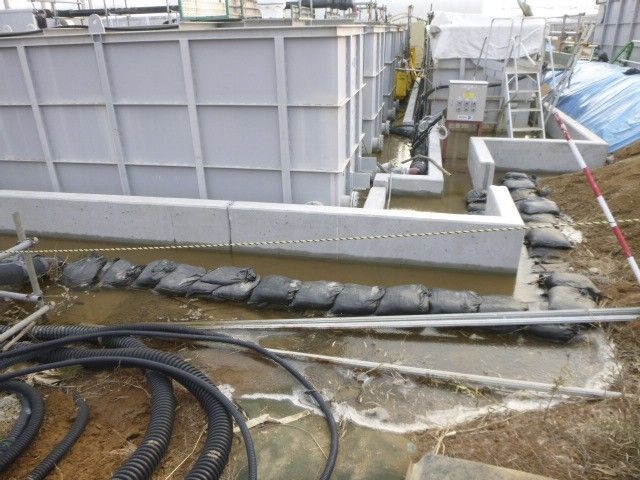Tsunami Warning Issued Against Japan Island That was Created by a Volcano (VIDEO)

Japan's earthquake experts are forewarning a possible tsunami occurrence from an erupting volcano island expanding off Japan.
Experts said a tsunami could happen if the freshly-formed lava slopes of the volcano collapsed into the sea. The growing island appeared in 2013 and has swamped Nishinoshima island, 1,000 kilometres south of Tokyo.
"If lava continues to mount on the eastern area, part of the island's slopes could collapse and cause a tsunami," Fukashi Maeno, assistant professor of the Earthquake Research Institute at the University of Tokyo, told AFP.
When a rockfall of 12 million cubic metres of lava falls off, the island of Chichijima will be the first to get impacted by the tsunami that could get as high as one metre.
Home to about 2,000 people, Chichijima Island is just 130 kilometres away from the erupting volcano island. The tsunami will get to it in just 18 minutes tops.
An unidentified official from the Japan Meteorological Agency told AFP the agency is monitoring the activity in the newly formed erupting volcanic island. "We studied the simulation this morning, and we are thinking of consulting with earthquake prediction experts... about the probability of this actually happening, and what kind of measures we would be able to take," he said.
Maeno said they wanted to place a new tsunami and earthquake detection system near the island in order to monitor its movements, as well as be able to avoid a natural disaster at the earliest time possible.
"But it's impossible for anyone to land on the island in the current situation," Maeno added.
Japan still has to fully recover from the devastating effects left by a 9.0-magnitude earthquake in March 2011, that set off a massive tsunami that killed nearly 16,000 people and crippled the Fukushima Daiichi nuclear power plant near Tokyo.
YouTube/ GeoBeats News





















